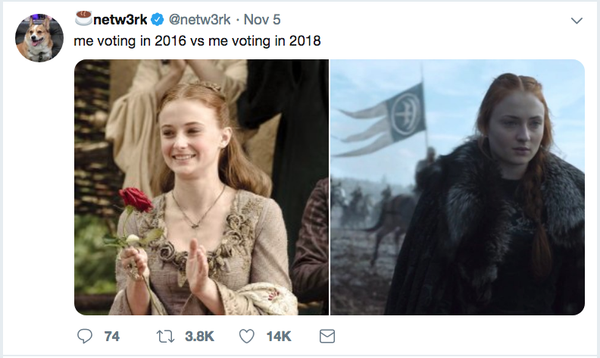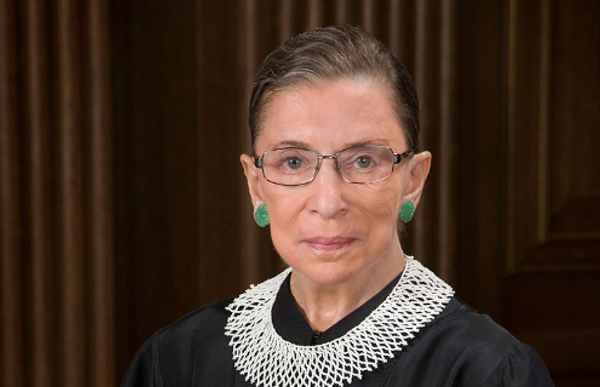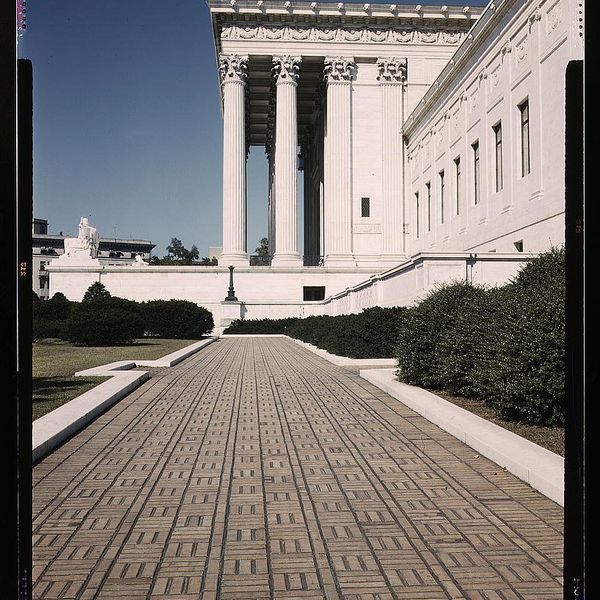The Continental Congress functioned as the government of 13 American colonies and later of the United States from 1774 to 1789. The First Continental Congress took off in 1774 which incorporated delegates from the 13 colonies who met with an agenda of responding to the Bullying Acts (Ellis 2004, 131). The Coercive Acts were measures that the British government had imposed on the colonies to suppress their defiance to new taxes. This sparked the convening of yet a second continental congress in the following year. It was after the American Revolutionary war which by that time had already commenced, more specifically from 1775 to 1783 (Ibid). The paper is going to explore what steered the formation of the First Continental Congress and how this influenced the modern government.
The independence of the United States from Britain was pronounced in 1776. It had a linking to the First Continental Congress, because five years after the declaration of independence a number of changes have followed. The Congress endorsed the first constitution that would later guide the whole nation until 1789. This also included the Articles of Confederation. It was replaced by the current U.S Constitution which is built up on the foundations that were laid down on the first one. In that regard, it would be deemed true that the laws that were introduced in the First Continental Congress paved way for current laws and regulations which are guiding the modern government (Laver, 2013).
Delegates from Georgia were not participants in the first congress since they were relying on the British for their military supplies to fight a Native-American uprising (Jillson and Wilson, 1994). The rest of the delegates gathered in Philadelphia to establish a comprehensive colonial resistance to the Coercive acts. Among the delegates, there were future elites and influential personalities who became very instrumental in the development of the current government. Luminaries like John Adams (1732-1826) who later became a president of Massachusetts, George Washington (1732-99) of Virginia, John Jay, a diplomat, were also part of this delegation (Ibid). The implication of this is that these people developed on the structure they had made during the congress. The delegates who later took on leadership positions operated smoothly through the articles of association and laws they had established.
The modern government adopted some of the ideologies that were instituted by the delegates who participated in the first delegation. Over the years, steps are taken to preserve the rights and independence of the US as the current leadership is winding through the present constitution. Antagonism was restrained after the declaration of independence by complimenting it with a personal appeal letter to the then British King George III (1738-1820). The letter pleaded on behalf of the people of the US and requested peace between the colonists and the Britain. On a negative note though, the King rejected the petition immediately (Colonists Respond to the Coercive Acts and the First Continental Congress).
In conclusion, the modern government has been influenced greatly by the Article of Confederation that was instituted in the first conference. The congress was unable to raise revenue to implement fully what they had enacted. That seems not to be the case with the current government. The new constitution which was spearheaded by the US Congress replaced the Article of Confederation which had numerous difficulties. The latter was ineffective and had to be scrapped of for a better system. The First Congress helped the nation through its worst crises, and is often referred to as a basis of the new system of the government.



















